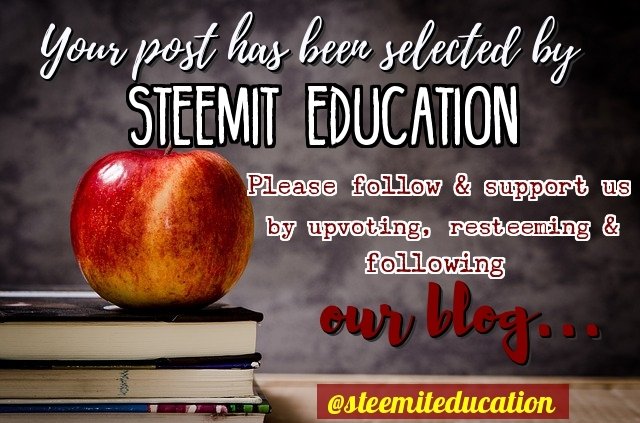Steemhomework para la semana/ Steemiteducation/ Mohandas Karamchand Gandhi
Teaching of Peace: Gandhi Influence on World Peace, fighter for the independence of his country without using violence.
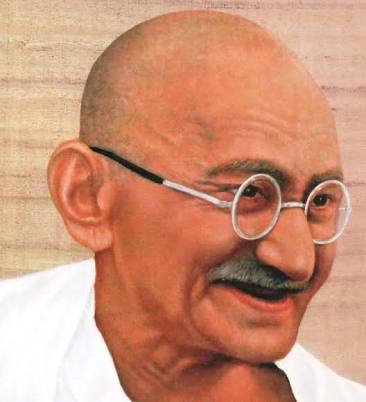.jpeg)
To build a more humane society without violence it is necessary that children, adolescents and young people, learn to live in a culture of peace.
Educating for peace is a responsibility of each family in particular and the school, since in educating we transmit values to our children.
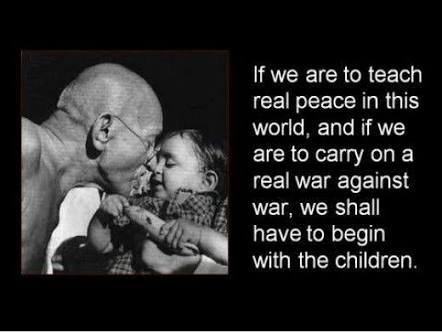.jpeg)
Indian Mahatma Gandhi is considered a world leader in the culture of non-violence. His contributions come from his life itself, in the way that supported by the media, achieved the independence of India without a single shot against English inclemency.
At this point in his life Gandhi was a person of moderate, shy and politically indifferent character. He read a newspaper for the first time at the age of 18 and when he spoke in a court he suffered from great stage fright. South Africa changed it radically when it experienced the humiliation and oppression to which the Indians in that region were subject. One day in a court in Durban, an English magistrate asked him to remove the turban he was wearing, which Gandhi refused, impetuously leaving the court.
However, the incident that would serve as a catalyst for his political activism occurred several years later, when traveling to Pretoria he was forcibly removed from the train where he was traveling in the station of Pietermaritzburg, when he refused to move from the first class where he was traveling to the city. third class, which was intended for people of color. Later, traveling on a stagecoach, he was struck by the driver when he refused to give up his seat to a white-skinned passenger. In addition, on this trip suffered other humiliations by not giving him accommodation in several hotels because of his race. This experience put him much in touch with the problems that people of color in South Africa suffered daily. And in this country, after having suffered racism, prejudice and injustice, he began to question the social situation of his countrymen and himself in society.
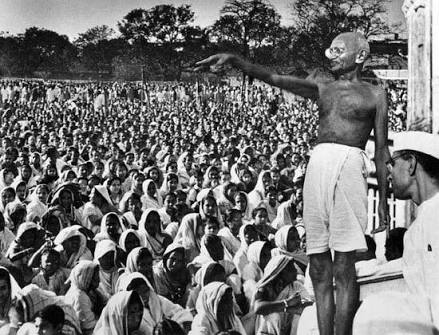.jpeg)
The way in which he politically directed the Hindus to channel their independence battle by showing peaceful resistance was written in history in large print. The Civil Rights movement in the United States in the 1960s led and orchestrated by Martin Luther King was based on the doctrine of Gandhi.
Indirectly the movement of peaceful revolution also influenced the Anti-Apartheid movement in South Africa at the end of the 20th century. The influence of his teaching has grown throughout the world.
To speak of Mahatma Gandhi, is to recognize his condition as a fighter, without coming to violence, a position that made him worthy to be the Indian nationalist leader who led his country to achieve independence through peaceful resistance.
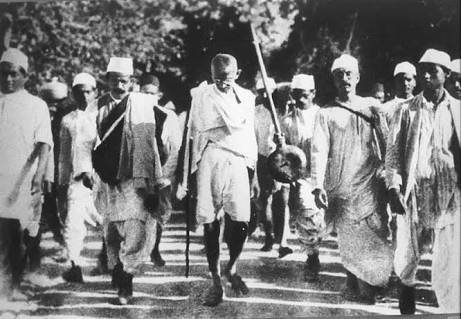.jpeg)
After the First World War, it began its movement of passive resistance, which spread throughout India when the laws of Rowlatt were passed in 1919, through which the British colonial authorities were given emergency powers to deal with the so-called subversive activities.
Imprisoned on numerous occasions and capable of mobilizing or detaining millions of Indians, he never resorted to violence, always promoting the culture of peace. With the teaching of the philosophy of Gandhi, it is necessary to develop through education, in our children the values of building a more democratic, just and responsible country in the building of peace that eradicates the acts of violence .
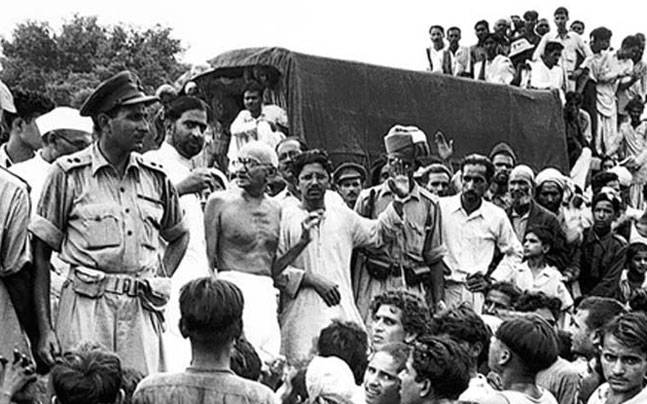
Mahatma Gandhi, national and spiritual leader of India, was shot dead on January 30, 1948 by a Hindu fanatic.
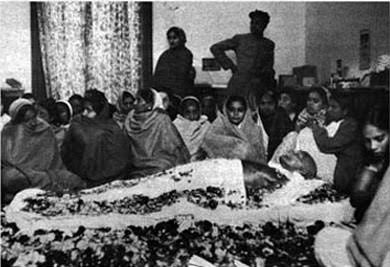.jpeg)
The key to peace lies precisely in respect for the rights of others. Therefore, it is necessary for society from the different instances, governmental and non-governmental sectors, to unite permanently to work in the formation of solidarity, willing and collaborating human beings to solve social problems.
Gandhi pleaded until his death for the people to fight for their ideals without reaching violence.
THESE ARE SOME OF THEIR CELEBRATE PHRASES:
"Strength does not come from physical ability but from the indomitable will."
"There are no roads for peace, peace is the way."
"An eye for an eye and the world will go blind."
"As soon as someone understands that obeying unjust laws is contrary to their dignity as men, no tyranny can dominate them."
"Rivers of blood will flow before we conquer our freedom, but that blood should be ours."
Information sources.
https://www.google.com.br/amp/s/m.taringa.net/posts/imagenes/90956/Mahatma-Gandhi.html/amp
http://papeldeperiodico.com/2013/05/gandhi-y-la-independencia-de-la-india/
